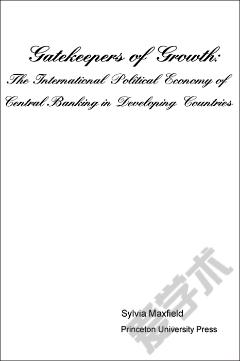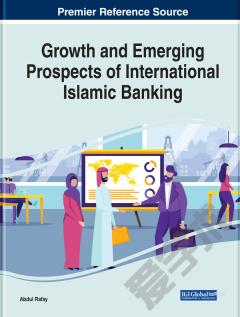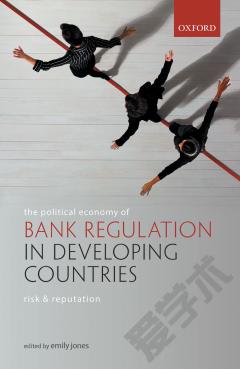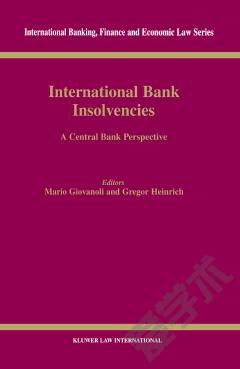Gatekeepers of Growth —— The International Political Economy of Central Banking in Developing Countries
----- 增长的看门人:发展中国家中央银行的国际政治经济学
Central banks can shape economic growth, affect income distribution, influence a country's foreign relations and determine the extent of its democracy. This study focuses on central banking in emerging market economies. Surveying the dramatic worldwide trend towards increased central bank independence in the 1990s, the book argues that global forces must be at work. These forces, the book contends, centre on the character of international financial intermediation. Going beyond an explanation of central bank independence, Maxfield posits a general framework for analyzing the impact of different types of international capital flows on the politics of economic policymaking in developing countries. The book suggests that central bank independence in emerging market countries does not spring from law but rather from politics. As long as politicians value them, central banks will enjoy independence. Historical analyses of central banks in Brazil, Mexico, South Korea and Thailand, and quantitative analyses of a larger sample of developing countries corroborate this investor signalling explanation of broad trends in central bank status.
{{comment.content}}








 京公网安备 11010802027623号
京公网安备 11010802027623号